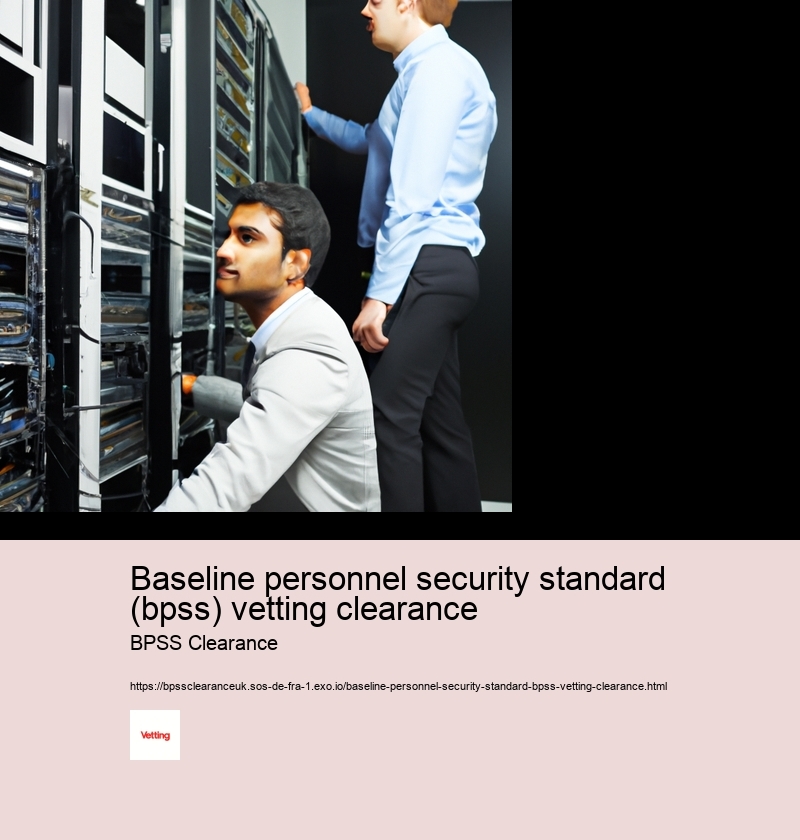baseline personnel security standard (bpss) vetting clearance
How long do vetting checks take?
From a security perspective, the right to work check is foundational in the BPSS process because it ensures that individuals are not only legally employed but also properly vetted. Illegal workers may pose a security risk as they might have circumvented the usual checks and processes designed to protect sensitive information and environments. Ensuring that all employees have been thoroughly checked and are legally allowed to work helps maintain the security standards necessary for sensitive roles, particularly in government and defense.
Employers must also ensure transparency in the BPSS process. This involves informing candidates that a BPSS check will be conducted, what the check entails, and what specific information will be gathered. Candidates must also be made aware of their rights in the process, including the right to access the information collected about them and the right to appeal any decisions made on the basis of the BPSS check. This transparency helps maintain trust between the employer and the employee, and ensures that the process is viewed as legitimate and fair.
Ensuring you have all these documents in order will help streamline the verification process and increase the chances of successfully obtaining BPSS clearance.



